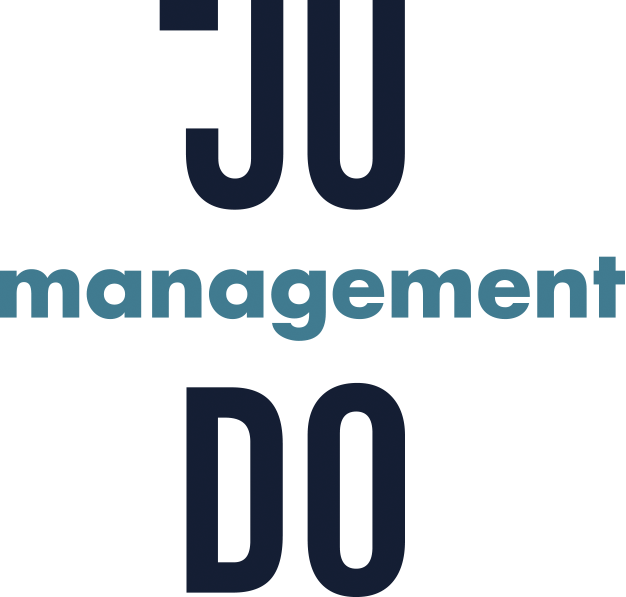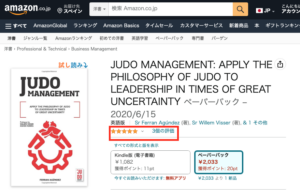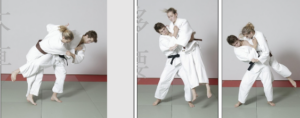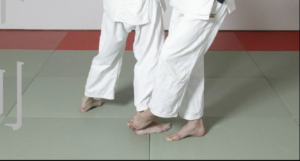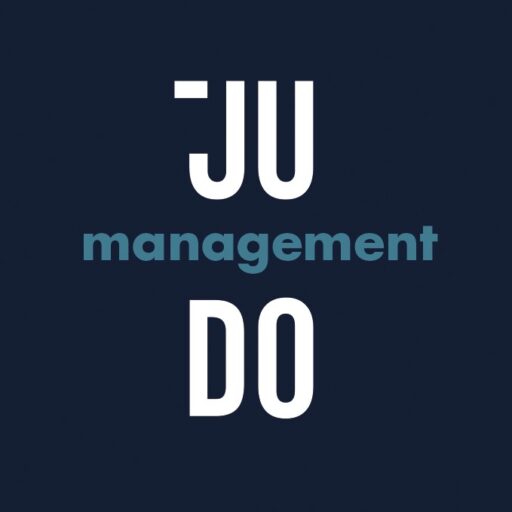“Sport and professionalism” is the keynote speech of Willem Visser, International Lecturer 8th Dan Judo IJF, at the International Congress, Sport Science and Research Institute Tehran; (9/11 – 12/11 2020).
With history and definitions as fundaments I give now some considerations about the topic ‘Sport and Professionalism’.
In history, also in the time before the modern era, sport was practiced in competition and with the presence of a crowd. It is also known, that the winners were rewarded by prices; prices could be valuable articles, but also maintenance by the government of the athletes. Also in the modern era money was made by organizing of and participating in sport competition. The crowd has to pay for the entrance of sport competitions and out of that income winning athletes were paid.
In 1890 a boxing contest between an American and an Englishman was organized in England.
The price for the winner should be $ 1000. But the contest ended in a draw, because after 37 rounds (!) the crowd came into the boxing ring, because of supposed fraudulent refereeing.
(In this example one can see a lot of ingredients of the present professionalism sport: money, supposed fraudulent refereeing and the obtrusive crowd. Ingredients which one can mention in the present time as well….)
In the 19th century many sport contests were organized for a crowd. The crowd had to pay for an entrance ticket and the winners among the athletes were paid as well. Those contest were organized in USA, Canada, South Africa and later in England followed by the nations at the European continent. There were contests organized in running, rowing, swimming and cycling.
In 1903 the Tour de France, cycling, was organized for the first time; many of the participants were professional sportsmen.
Competition sport and later professional sport was organized by the specific sport federations (football, basketball, boxing, wrestling, swimming etc.). This could be local, regional or national competition and later international competition with as climax: the Olympic Games.
Because of the difference in level many sport federations decided to divide amateur sport and professional sport.
Before the modern Olympic Games, 1896, the difference between amateur sport and professional sport was not clear. At the start of the modern Olympic Games, 1896, the difference between amateur sport and professional sport was clearly made. Olympic Games should be sport competition for amateurs only.
In 1912 an American pentathlon athlete Jim Thorpe was disqualified at the Olympic Games, because he was playing professional basketball in 1909!!
The well-known Dutch judoka Anton Geesink, Olympic gold medal winner and later IOC executive board member, had in 1964 problems about his status, because he was teaching judo for money; the discussion was: amateur or professional?
From that time professional athletes were entering the Olympic Games step by step.
The development of commerce in the USA had a big influence on the founding of professional sport. In general, Europe and Asia, industrialization, modernization and in the present time globalization are influencing professional sport. In a world of industrialization, modernization and in the present time globalization the borders between sport and labour, labour and sport were getting more and more touching each other. And now we are in the stadium that professional sport is seen as work/labour.
Sport and professionalism is developing, because of the interaction between result and financial reward.
Local, regional and national governments are giving salary (grant) to athletes in order to qualify and participate in the Olympic Games. (In some countries an Olympic Gold Medal Winner will get a pension till the end of life!) Preparation for Olympic Games is work, paid by the national government. Business companies are giving salary (sponsoring) to athletes, who are participating in continental, intercontinental and world championships as well as at Olympic Games. The athletes have to promote the company, which is sponsoring, in all kind of ways, based on a sponsor contract.
For government and business is the same rule: the better the results the better the salary.
Many European countries have a good cooperation between National Olympic Committee’s and business.
In the next article I´ll give some considerations consequences of professionalism in sport
Willem Visser
Executive coach, Strategic Adviser, International Lecturer; 8th Dan Judo IJF
With gratitude to all my teachers, specialists, colleagues and especially all the judoka that I was allowed to guide and to coach.
Sources and inspiring professionals:
Van der Horst, Cobben, Abe, Saitoh, Yamashita, Uemura, Sugawara, Murata, Hosokawa, Komata, Takahashi, Nakamura, Kasuga, Kawashima, Kariya, Brousse, Besson, Rougé, Ruska, Geesink, de Cree, Barta, Vachun, Viser, Lascau, McConnell, Snijders, Sins, Hoogendijk, Boersma, Odinot, van Dijk, Klok, Agúndez, Landsberg, Covey, de Waal, DeCaluwe, Drucker, Franzen, Goldratt, Hammer, Kets de Vries, Kotler, Mastenbroek, Mintzberg, Peters, Porter, Quinn, ten Bos, Trompenaars, Vinke, Weggeman, Wissema and many others.
.
